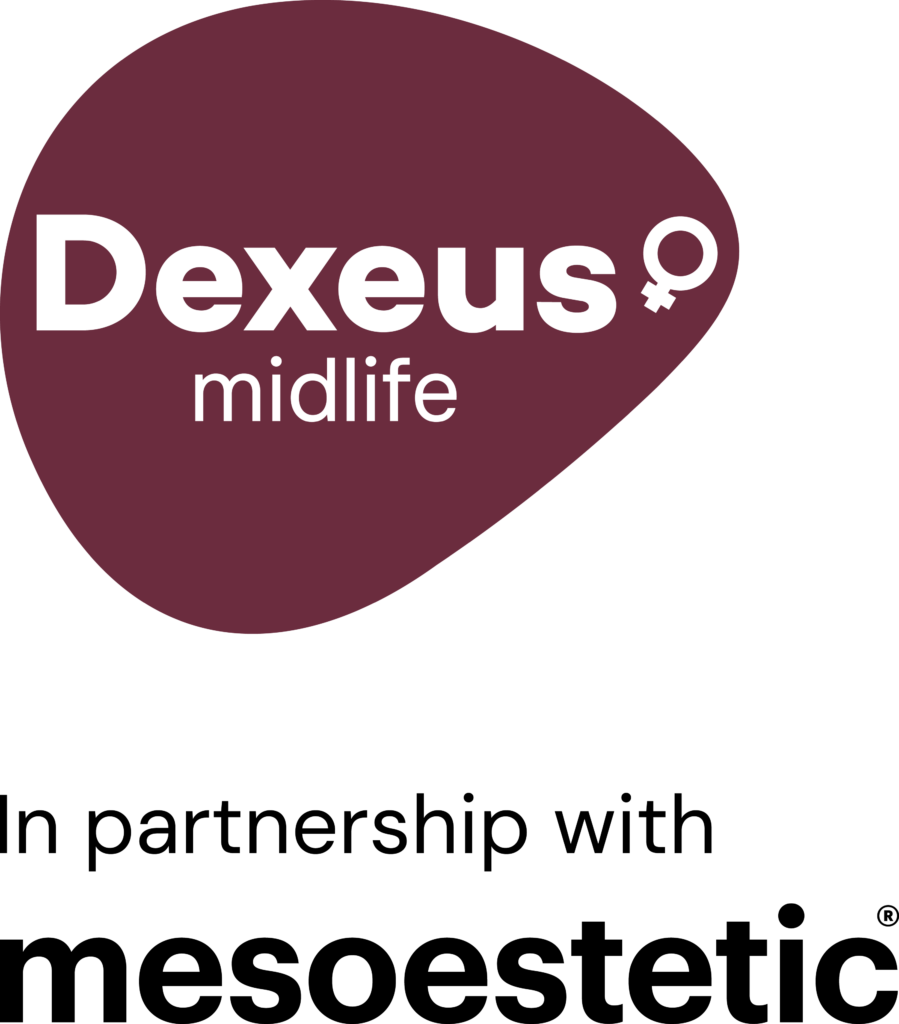In general, if your sex life was satisfactory before menopause, there’s no reason for it to be worse when you reach this stage. But you should be aware that the reduction in oestrogen and testosterone levels that occur can cause some physical and mental changes that affect your relationships.
The most frequent changes are:
- Decrease in desire.
- Greater difficulty in getting aroused.
- Vaginal dryness.
- Lubrication problems.
- Discomfort in the vulvar area.
- Loss of tone and vaginal elasticity.
- Difficulty in reaching orgasm.
- Pain during penetration.
These are changes that women who suffer from primary ovarian failure or early menopause due to cancer and/or its treatment may also experience.
However, and regardless of whether these aspects affect us to a greater or lesser extent, there are other factors that also influence our sexual activity, such as mood, concern about ageing, monotony in relationships, difficulty in finding intimate moments as a couple, physical changes (which can make us feel less attractive), work stress and taking some medications, such as certain antidepressants, which have an impact on sexual function, among others.
In any case, its importance must not be overlooked. Sexual activity and satisfaction in this area have an impact on physical and mental health. It is important to consult a gynaecologist specialising in menopause and sexuality to assess which treatments or support therapies can be most useful in each case.
Treatments
The choice of one treatment or another depends on the symptoms, the time you are going through with regard to menopause, your age and personal circumstances. At our clinic you can request an Integrative or Sexual Gynaecology visit to assess your case and possible treatment options.
Integrative menopause medical consultation
Integrative menopause medical consultation
This is a consultation by a gynaecologist specialising in women's regenerative and functional gynaecology....
Read moreAdvice consultation on menopause
Advice consultation on menopause
Menopause is a natural stage in women's lives that deserves to be experienced with vitality, optimism and confidence. At Dexeus...
Read moreHormone therapy
Hormone therapy
Hormone therapy has been proven to be safe and efficient and is the most effective way to alleviate the symptoms...
Read moreNatural treatments
Natural treatments
Natural treatments and therapies have been shown to be helpful in treating some common menopausal symptoms. Most can also be...
Read moreVulvovaginal hydration
Vulvovaginal hydration
Treating the genital area with hyaluronic acid is one of the techniques we can use to hydrate the vulvovaginal area...
Read moreBio-regeneration with platelet-rich plasma (PRP)
Bio-regeneration with platelet-rich plasma (PRP)
Platelets are cell fragments present in blood plasma that naturally activate tissues' regenerative capacities. Therefore, they are used for therapeutic...
Read morePelvic floor physiotherapy
Pelvic floor physiotherapy
Hormonal changes and posture have an impact on the pelvic floor muscles. Often it is not seen or noticed until...
Read moreFAQs
Why does sexual desire decrease with menopause?
Because both oestrogen, which acts as a mediator in physiological changes such as vaginal congestion and lubrication, and testosterone, which activates desire and arousal, are reduced, and this has an impact both at a psychological and physical level.
What can I do to get back my libido?
The most important thing is to ask for an initial visit in order to assess possible causes of this decrease in sexual desire. If the cause is pain during sexual intercourse, we will assess different treatments that may include local hormonal therapies, regenerative therapies such as laser, PRP, vulvovaginal hydration with hyaluronic acid, carboxytherapy, among others, associated with physiotherapy or not. If there are problems in the relationship, we may recommend undergoing therapy. If stress is the cause, we can teach relaxation techniques along with some adaptogens. Another tool that can help improve libido when there are no other associated causes, if required, is the use of testosterone or systemic hormone therapy.
In which cases may hormone therapy be indicated?
By assessing each case well, if the decrease in sexual desire affects quality of life, it may be a recommended to undergo certain systemic hormonal therapies. We can also recommend it when there are problems with atrophy, vaginal dryness and lack of lubrication or pain and major discomfort.
How long do regenerative gynaecology treatments last?
Some are maintained for more than 6 months or even one year. But their effects are not permanent and in many cases it will be necessary to carry out new sessions. However, a guideline cannot be generalised or established. Monitoring must be carried out to observe the response and assess the strategy to be followed.

